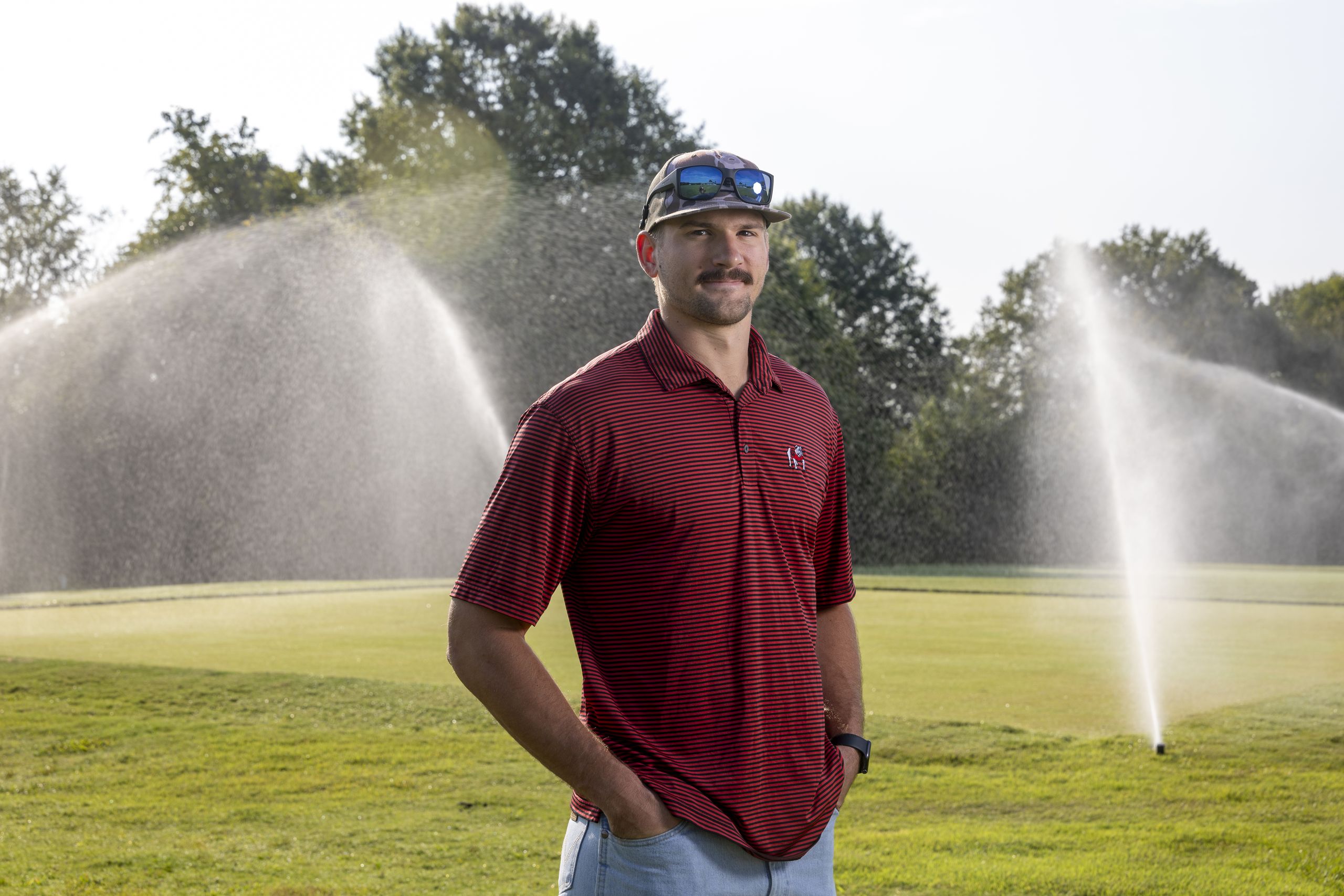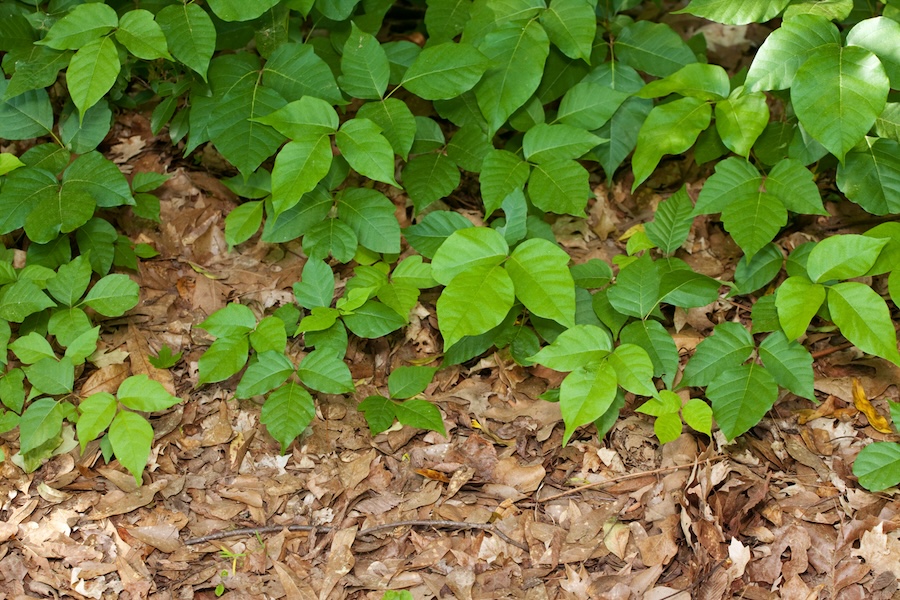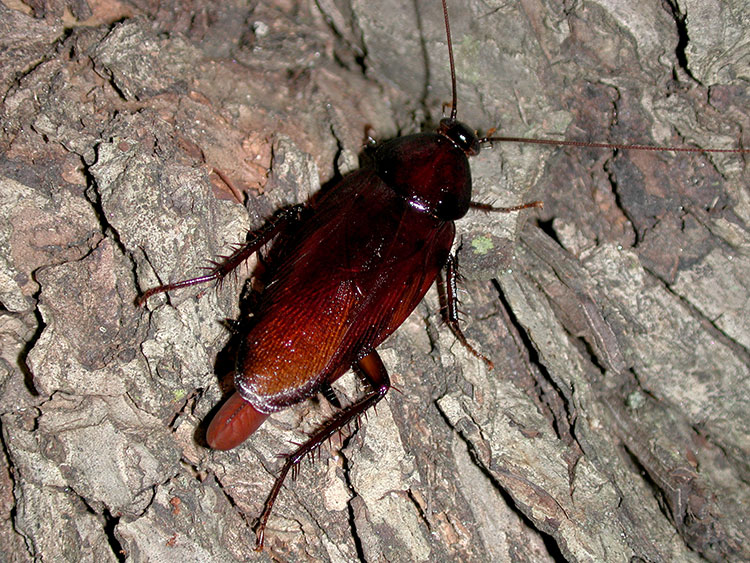UAC Georgia Sod & Landscape Field Day will be held on November 5 and 6, 2025 in Fort Valley, Georgia.
This event is held in odd-numbered years at a Georgia sod farm, rain or shine and attracts sod and turf producers and their customers alike for industry updates and equipment demos. Exhibit booths, sponsorships, and display advertising are available for this event.
The 76th Southeastern Turfgrass Conference will be held November 5, 2025 at the University of Georgia's Tifton Campus.
Attendees will hear presentations on the latest turfgrass developments, as well as participate in field tours.
Afterwards, be sure to head to the UAC's GA Sod Producer Field Day in Fort Valley, GA.

Gavin Shytle Changes the Game with UGA Grounds Crew
It’s a special moment to step inside Sanford Stadium and walk across that sprawling green field between the hedges. While the grass beneath your feet may not always be your first thought at the Freshman Welcome or Commencement, it is for Gavin Shytle. Keeping the turf safe, healthy, and aesthetically pleasing is the sworn duty of Shytle and his fellow turfgrass management majors. Before athletes even hit the ground running, he makes sure the ground is prepped for them.
Green & Growing with Ashley Frasca
Need lawn tips for the spring? Watch this quick video with Ashley Frasca and Dr. Clint Waltz to figure out how to make your lawn happy and healthy as we head into spring.

A new herbicide-resistant seeded paspalum is set to hit the market.
Pure Dynasty with ACCe, is a new herbicide-resistant paspalum that was developed by g, which markets the product along with Atlas Turf International. It will be introduced June 20 at Pure Seed's field day at the company's Rolesville, North Carolina research facility.
Pure Dynasty with ACCe was bred with ACCe technology developed by University of Georgia plant breeder Paul Raymer, Ph.D. It was tested on multiple sites over several years to incorporate UGA's ACCe technology.

The National Academy of Inventors (NAI) has selected five University of Georgia researchers as 2024 NAI Senior Members, the largest single induction for the university in its history. UGA now has 16 Senior Members overall.
NAI Senior Members recognize faculty, scientists, and administrators for their ability to innovate and commercialize new technologies. UGA’s 2024 inductees are Elizabeth Brisbois, David Crich, Qingguo “Jack” Huang, Paul Raymer, and Ralph Tripp.
Read More here: @UGAResearch



